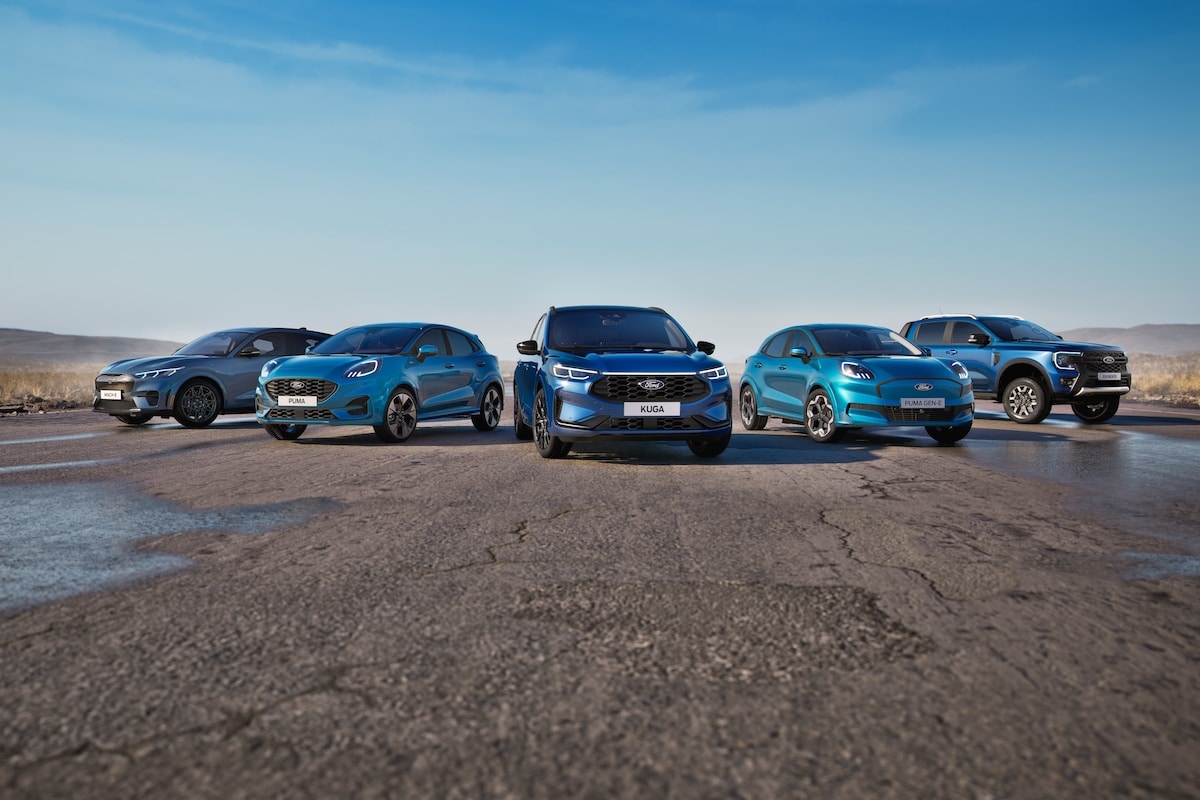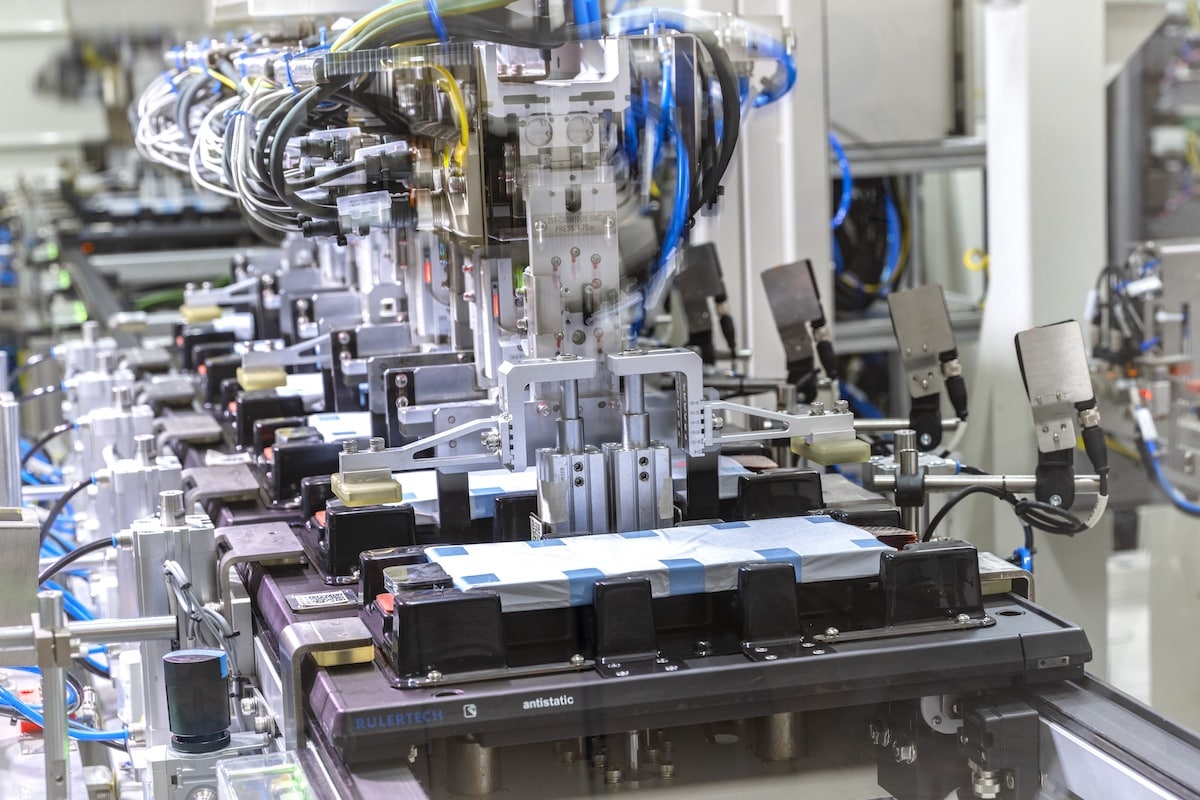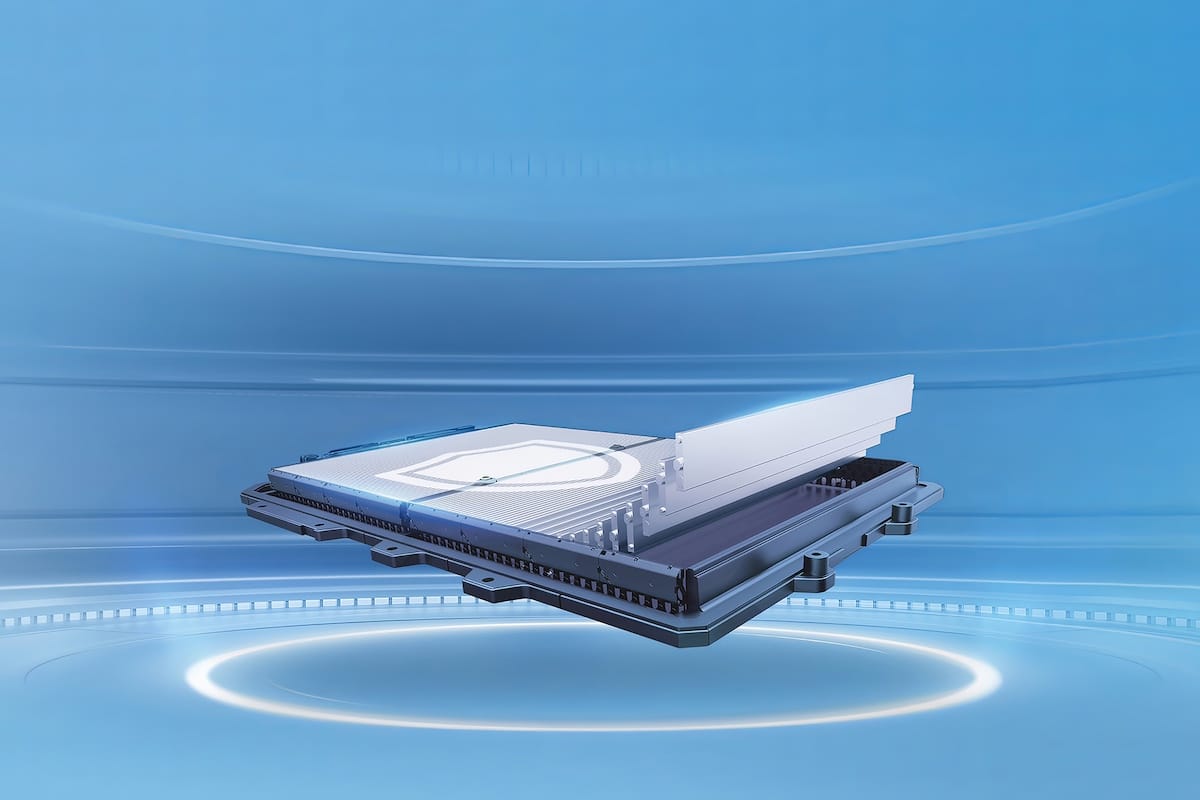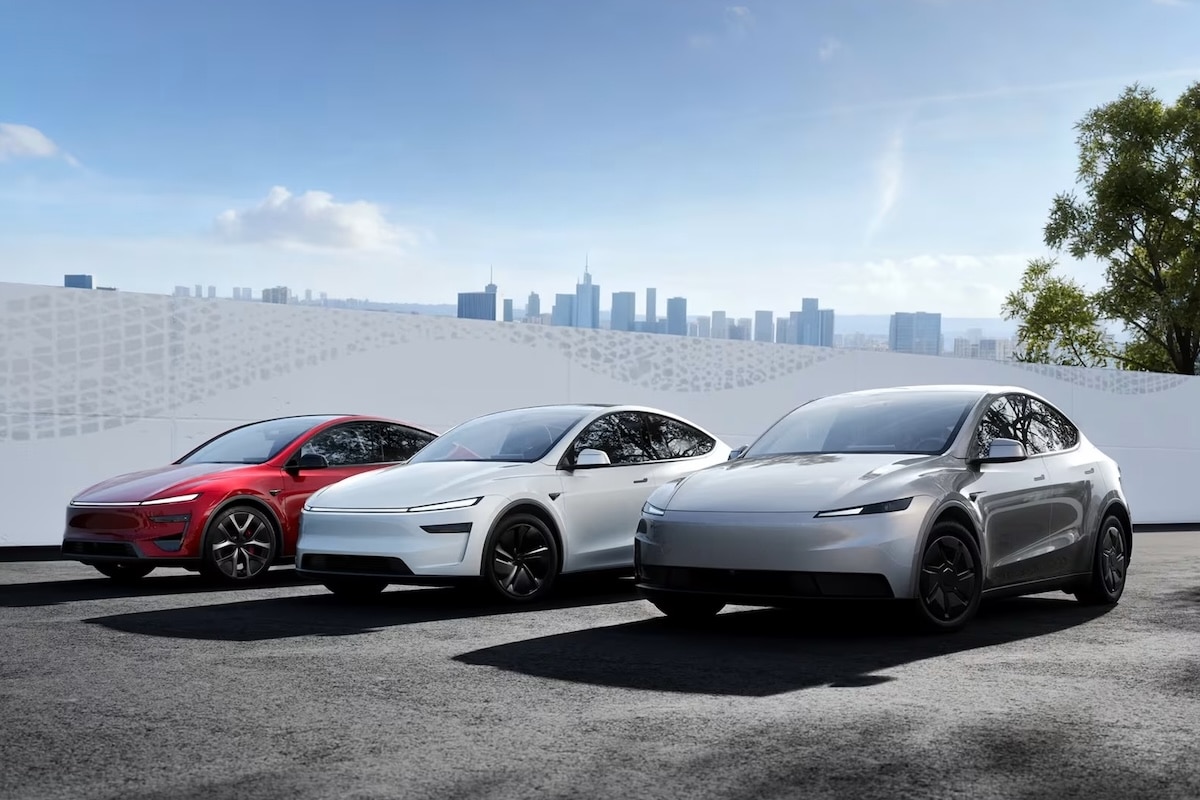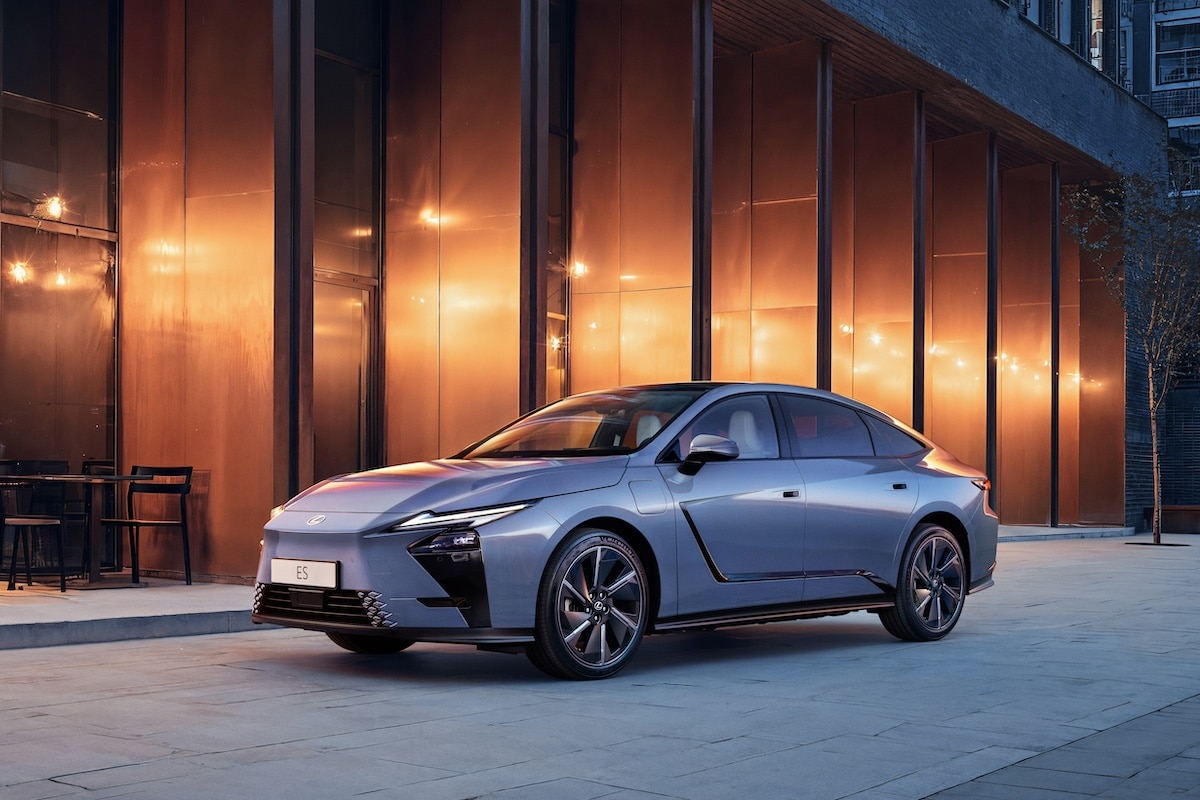What if the battery revolution didn’t come from China?
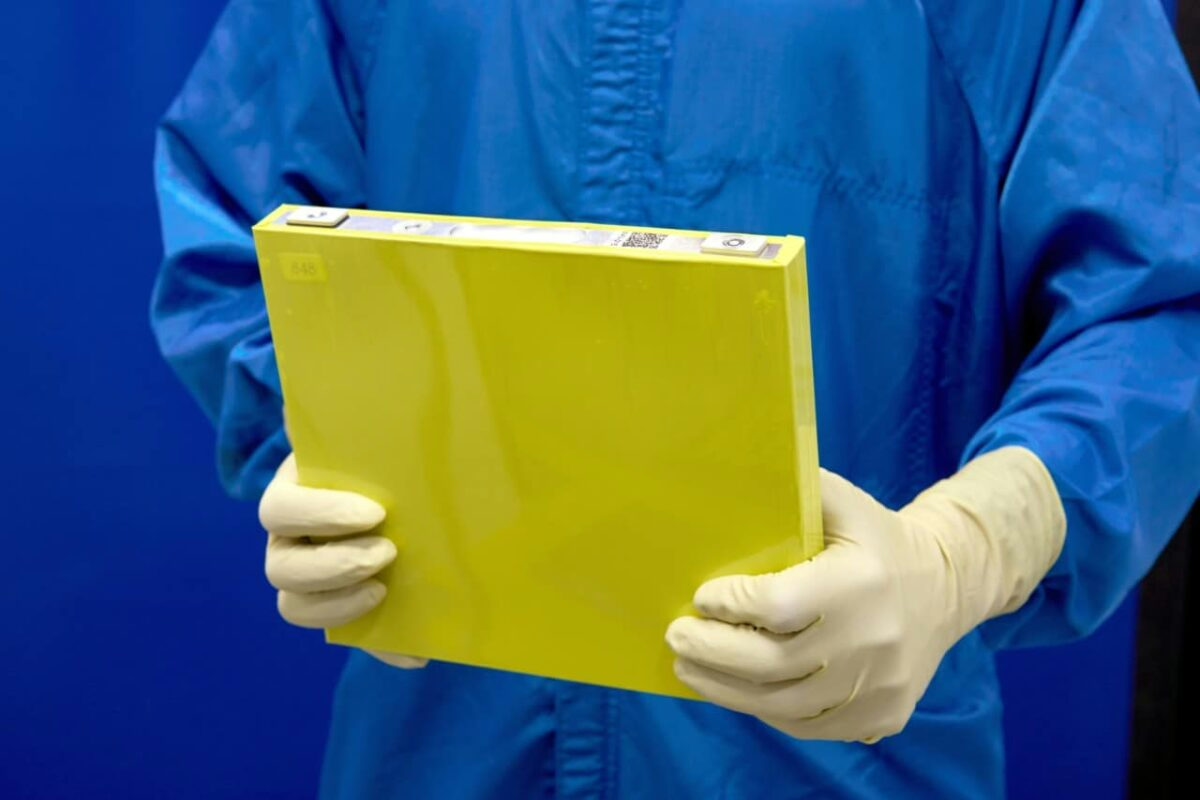
General Motors (GM) has announced its intention to produce batteries for electric vehicles deemed “revolutionary”.
In collaboration with LG, GM is developing batteries based on enriched manganese lithium (LMR) technology. This new technology would offer an energy density 33% higher than that of lithium iron phosphate (LFP) batteries, currently the global standard. Moreover, they require much less nickel and cobalt than their LFP counterparts, materials that are expensive and often controversial due to the conditions of their extraction. This innovation could significantly reduce the production costs of electric vehicles (EVs), where batteries currently account for more than half of the manufacturing price. GM aims to offer, by 2028, a range of electric vehicles capable of traveling at least 600 km on a single charge, while reducing the weight and size of the batteries.
This advancement could help American manufacturers catch up with Chinese giants like BYD, which recently unveiled a battery capable of recharging for 400 km of autonomy in just five minutes. However, the reliability of GM’s promises remains uncertain. The LMR technology, although known for decades, suffers from a shorter lifespan compared to existing alternatives. GM claims to have overcome this obstacle, but no concrete data has yet been disclosed.
The battery of tomorrow will be cheaper, lighter, and more efficient
The reduced weight of the batteries and their simplified design could provide GM with a competitive advantage. However, questions remain about their actual charging capacity and final cost. If the initiative works, it could disrupt an industry that is undergoing significant changes, where the high cost and limited range of EVs continue to be major barriers to their adoption.
This succession of announcements regarding the next generations of batteries comes amid a global context where the battle to democratize EVs is far from won. The future of this technology depends on the ability of manufacturers like GM or BYD to keep their promises. Whether a true battery revolution could eventually come from the United States is ultimately a secondary question. By collaborating with LG, GM clearly illustrates that research is now global.
READ ALSO
This page is translated from the original post "Et si la révolution des batteries ne venait pas de Chine ?" in French.
We also suggestthese articles:
Also read
